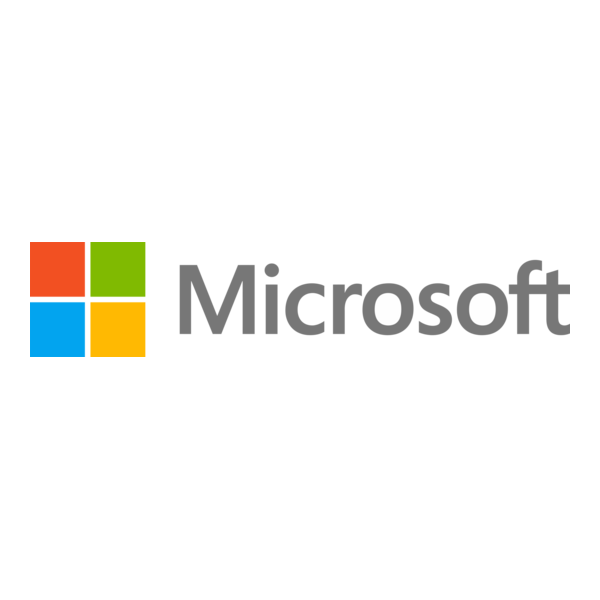Science removes concern from Microsoft quantum paper
Critics argue Microsoft’s quantum claims rely on selective data, while supporters defend the research’s complexity and validity.

The journal Science will replace an editorial expression of concern (EEoC) on a 2020 Microsoft quantum computing paper with a correction. The update notes incomplete explanations of device tuning and partial data disclosure, but no misconduct.
Sergey Frolov, who raised concerns about data selection, disagrees with the correction and believes the paper should be retracted. The debate centres on Microsoft’s claims about topological superconductors using Majorana particles, a critical step for quantum computing.
Several Microsoft-backed papers on Majoranas have faced scrutiny, including retractions. Critics accuse Microsoft of cherry-picking data, while supporters stress the research’s complexity and pioneering nature.
The controversy reveals challenges in peer review and verifying claims in a competitive field.
Microsoft defends the integrity of its research and values open scientific debate. Critics warn that selective reporting risks misleading the community. The dispute highlights the difficulty of confirming breakthrough quantum computing claims in an emerging industry.
Would you like to learn more about AI, tech and digital diplomacy? If so, ask our Diplo chatbot!
